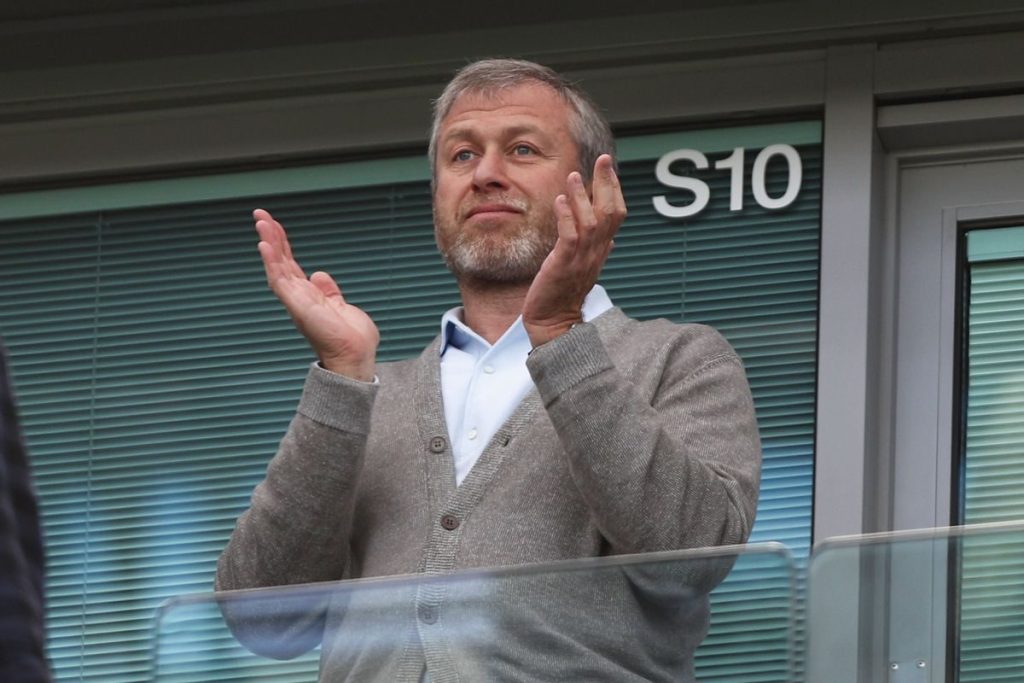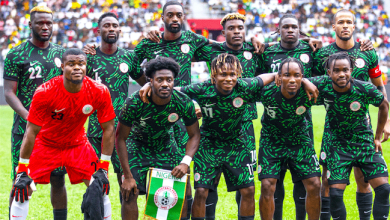UK Government Threatens Legal Action Against Abramovich Over £2.5bn Chelsea Sale Funds
The UK government is threatening legal action to unlock £2.5 billion from Chelsea’s sale, insisting it be used exclusively for humanitarian aid in war-torn Ukraine.
Sanctioned ex-owner Roman Abramovich wants broader use, including Russian victims, stalling disbursement. Officials warn delays undermine promises made since the 2022 sale and weaken foreign aid impact amid rising global crises.
The UK government is threatening to take sanctioned Russian billionaire Roman Abramovich to court to transfer £2.5 billion from the sale of Chelsea Football Club to humanitarian efforts in Ukraine.
The funds have remained frozen in a UK bank account since 2022, when Abramovich sold the Premier League club to an American consortium following Russia’s full-scale invasion of Ukraine. While the sale was conducted under a special license granted by UK authorities, a key condition was that Abramovich would not benefit personally from the proceeds.

Despite this, the money has yet to be disbursed due to ongoing disagreements over how and where the funds should be used. The UK government insists the entirety of the proceeds should go towards humanitarian relief inside Ukraine. Abramovich, however, has maintained that the funds should support “all victims of the war,” including those affected in Russia, a stance that has stalled negotiations.
In a strongly worded joint statement issued on Tuesday, Chancellor Rachel Reeves and Foreign Secretary David Lammy said the government remains “deeply frustrated” by the delay. “While the door for negotiations will remain open, we are fully prepared to pursue this through the courts if required,” they said.
They added: “The government is determined to see the proceeds from the sale of Chelsea Football Club reach humanitarian causes in Ukraine, following Russia’s illegal full-scale invasion. We want to ensure people suffering in Ukraine can benefit from these proceeds as soon as possible.”
The standoff centers on legal and political complexities. Though Abramovich is barred from accessing the funds due to sanctions imposed over his alleged ties to Russian President Vladimir Putin, a connection he denies, the money still legally belongs to him.
Abramovich originally purchased Chelsea in 2003 for a reported £140 million and led the club through its most successful era. However, following the Russian invasion of Ukraine in February 2022, he was sanctioned by the UK government, and the Office of Financial Sanctions Implementation (OFSI) oversaw the sale of the club under strict conditions.
According to officials, the funds cannot be moved or repurposed without explicit licensing from OFSI, adding another layer of delay and complexity.
Efforts to resolve the impasse have faltered. The Foreign Office revealed in March that discussions with Abramovich’s representatives were ongoing, but a BBC report claimed there had been no contact between Labor ministers and the foundation created to manage the funds since last July’s general election.
A parliamentary committee previously slammed the delay, calling it “incomprehensible” that the pledged donation to Ukrainian humanitarian causes remains unfulfilled more than two years after the sale.
The government has also highlighted that releasing the £2.5 billion, along with any interest accrued, could help offset reductions in the UK’s foreign aid budget. This comes after February’s announcement of cuts to international development spending, increasing pressure to free up alternative resources.
As the war in Ukraine rages on, the dispute over the Chelsea sale proceeds has become a symbol of wider tensions between the enforcement of sanctions and delivering practical aid. For now, the money remains frozen, awaiting a political or legal breakthrough that could finally direct it toward the cause it was originally promised for.



